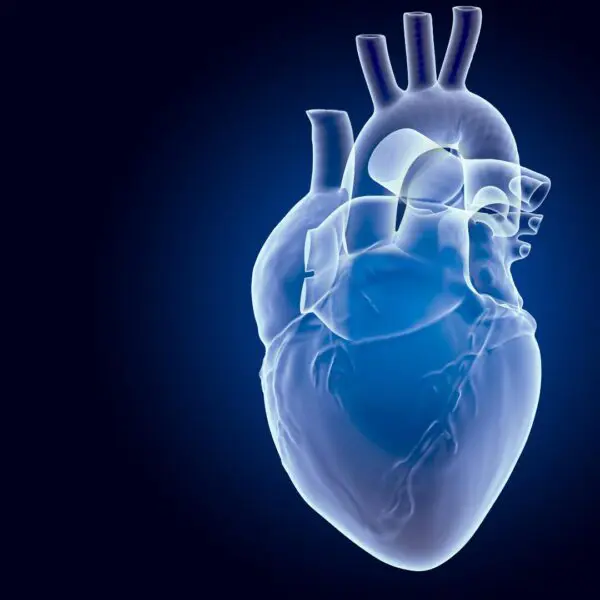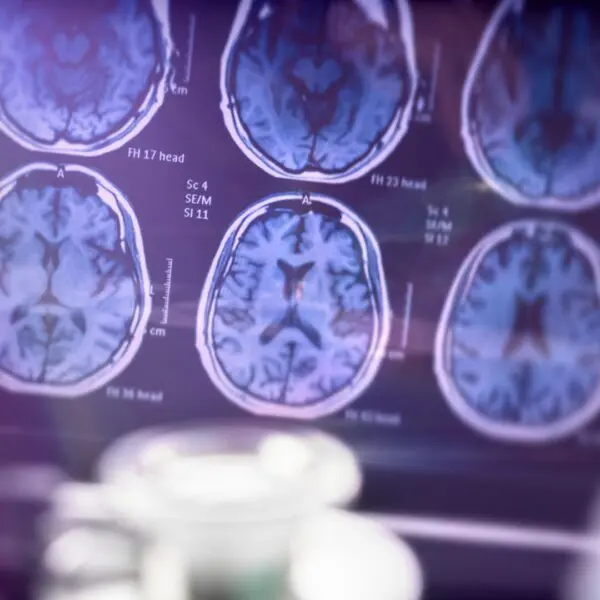I recently came across this article about the medical benefits of hydrogen therapy, a potent modality we offer at PUR-FORM. Hydrogen has remarkable anti-inflammatory and antioxidant properties. This article, authored by Professor Giovanni Brandi and Dr. Simona Tavolari from the University of Bologna, discusses the emerging potential of hydrogen therapy in cancer treatment. While we are not treating cancers with hydrogen gas, this provides good insight into how hydrogen therapy is used in other parts of the world.
Unique Properties of Hydrogen
A critical takeaway from this article is that hydrogen, unlike any other antioxidant, can enter the mitochondria, where most free radicals and reactive oxygen species are generated. There is essentially no risk with hydrogen therapy, and its benefits are genuine. At PUR-FORM we combine hydrogen therapy with other modalities to enhance the overall result.
Antioxidant & Anti-Inflammatory Benefits
In the article, Professor Brandi and Dr. Tavolari highlight recent findings from preclinical studies, presenting an overview of how hydrogen, the lightest chemical element, may offer therapeutic benefits due to its antioxidant and anti-inflammatory properties. The review explains that cancer cells typically have higher levels of reactive oxygen species (ROS) than normal cells. While ROS plays a vital role in cellular processes, an excess can lead to oxidative stress, potentially contributing to the development and progression of cancer through various mechanisms such as DNA damage, inflammation, and altered cell signaling.
Advantages Over Traditional Antioxidants
Traditional antioxidants like vitamins C and E have not shown the expected clinical benefits in cancer treatments. The authors suggest this may be because these molecules cannot effectively penetrate mitochondria, where much of the ROS is produced. In contrast, hydrogen can quickly enter cellular compartments and selectively neutralize harmful hydroxyl radicals without disrupting normal redox reactions.
Anti-Tumor Effects of Hydrogen
The article outlines several ways hydrogen may exert anti-tumor effects:
- Regulating intracellular ROS levels
- Reducing acute and chronic inflammation
- Modulating immune responses
- Showing selectivity for cancer cells over normal cells
The authors note that hydrogen therapy has a good safety profile. Since excess hydrogen is exhaled, overdose is unlikely – a key advantage over other antioxidants that can have toxic effects at high doses.
Inhalation Therapy – A Promising Approach
Regarding inhalation therapy specifically, this can be a particularly beneficial route of hydrogen administration for several reasons:
- Direct Delivery: Inhalation allows hydrogen to enter the bloodstream quickly through the lungs, enabling rapid distribution throughout the body and to target tissues.
- Non-Invasive: Unlike injections or IV infusions, inhalation does not require needles or medical procedures, making it more comfortable for patients.
- Precise Dosing: The concentration of inhaled hydrogen can be carefully controlled, allowing for personalized and optimized treatment plans.
- Potential for Combining Therapies: Inhalation may allow hydrogen to be used alongside other cancer treatments without interfering with their administration.
- Lung-Specific Benefits: Inhalation provides direct access to the affected tissues for lung cancers or metastases.
While more research is needed, hydrogen therapy–particularly via inhalation–represents an intriguing avenue in cancer research. Its unique properties and apparent safety profile make it a promising candidate for further investigation as scientists seek new ways to improve cancer patients’ outcomes.
-Dr. P
You might also enjoy reading:
The Surprising Benefits of Inhaled Hydrogen Gas and Hydrogen-Enriched Water














